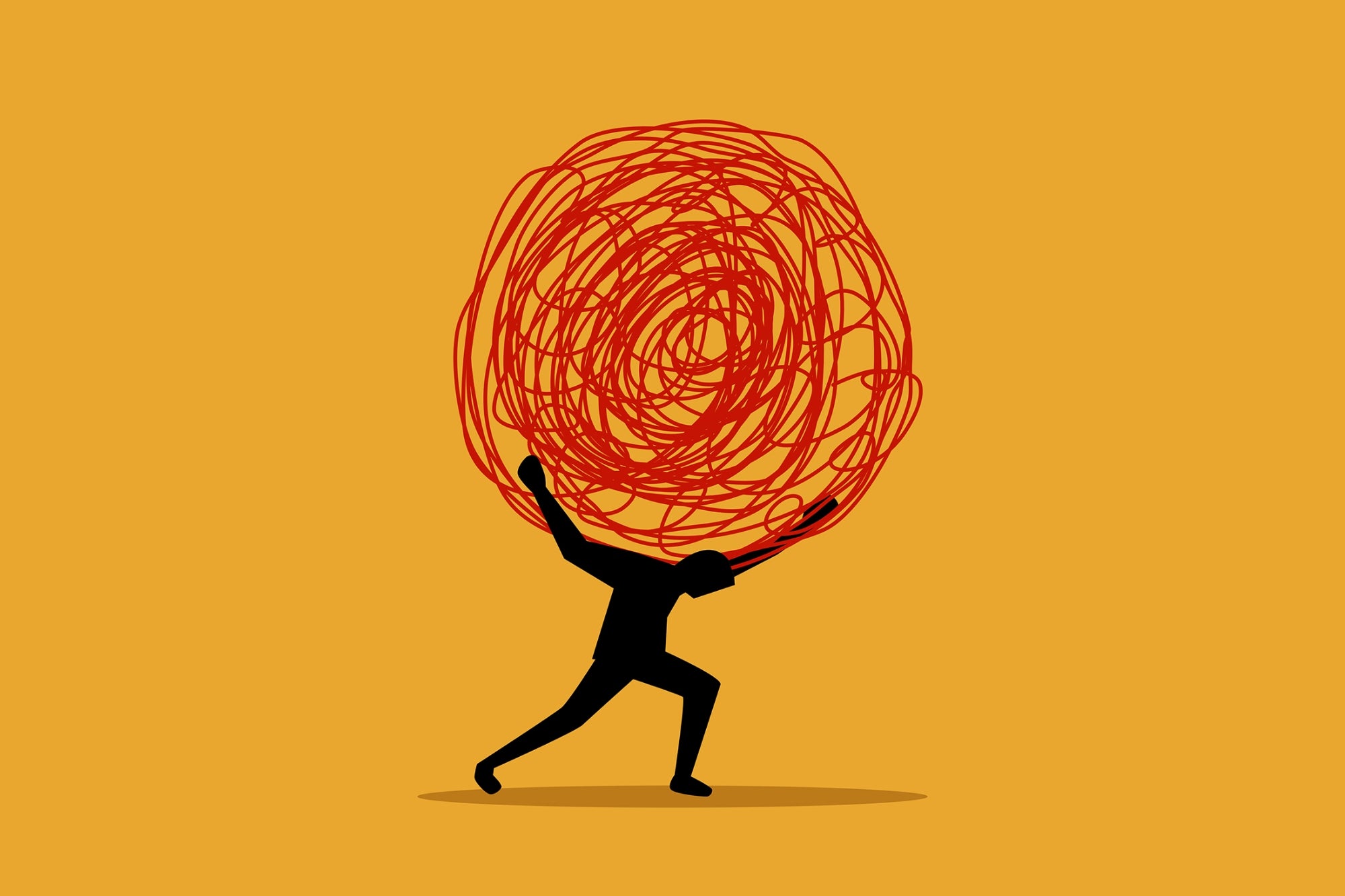Europe Doesn't Want American Apples. Here's Why It Doesn't Matter. The impact of an ostensible ban on U.S.-grown apples is mostly a blow to the ego, though the broader food industry should pay attention.
By Kate Taylor
Opinions expressed by BIZ Experiences contributors are their own.
How 'bout them apples?
A recent report found that most conventionally-grown U.S. apples contain higher quantities of a certain chemical than is allowed by the European Food Safety Authority (ESFA).
What that means: American apples are essentially "banned" from the EU.
The EU's restriction is based on the belief that American apples have an unsafe level of diphenylamine, or DPA, a chemical that helps them stay fresh for longer periods of time. While there has not yet been a conclusive study on if DPA is harmful to consume, the ESFA banned the use of DPA on apples in 2012. And, as of March, apples and pears imported into the EU can contain no more than 0.1 part per million of DPA.
American safety regulations regarding DPA are significantly more lax, allowing for up to 10 parts per million on apples. Therefore, all but organic American-grown apples will likely be kept from being sold in the EU.
Related: Angry at Work? Have a Snack.
However, the actual impact of an ostensible ban on U.S. apples is only a blow to the ego, if anything. While the USDA Foreign Agricultural Service reports that the restriction on DPA could cost U.S. apple growers $20 million in annual export sales to Europe, European apple-lovers don't really need the U.S. as it is.
While the EU has one of the highest average apple consumptions per capita, Europeans aren't munching on American apples. The EU is the world's second largest apple producer, trailing China but beating out the U.S. The EU does import apples – it's actually the second largest apple importer in the world – but primarily from regions in the Southern hemisphere, where apples are ripe when out of season in the EU.
Ultimately, the EU doesn't need the United States' apples, and U.S. apple growers don't need EU sales. Even if the EU's restriction leads to a loss of $20 million in U.S. apple sales, the loss would be less than 2 percent of the industry's nearly $1.1 billion in annual exports.
Still, though DPA isn't hurting the current apple market, now is the time for the food industry to take note and begin making changes – before consumers or the government take action of their own. Apples top the Environmental Working Group's 2014 Dirty Dozen, which highlights U.S. produce with the highest pesticide load. Also on the list: strawberries, grapes and celery. As Americans increasingly develop a taste for additive-free foods, it's a worthwhile investment for businesses to start cutting the chemicals before the U.S. government catches up with Europe.
Related: Subway to Remove Chemical From Sandwich Bread Following Blogger's Protest










